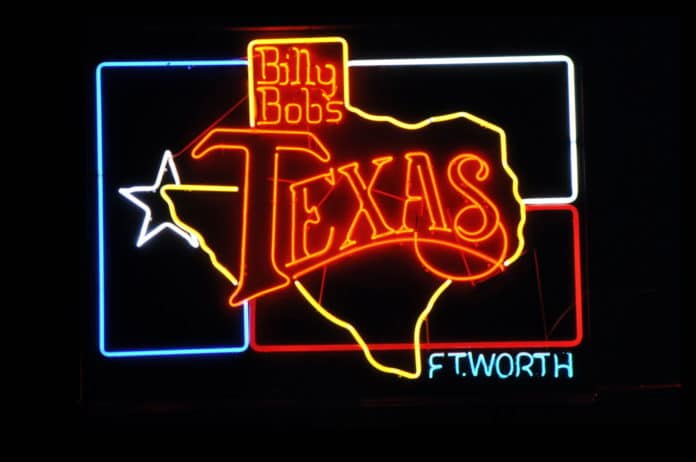About two years after one of the rowdiest courtroom battles in Fort Worth this century, the feuding owners of Billy Bob’s Texas are preparing for a high stakes showdown before the Texas Supreme Court.
The nine justices of the Texas’ highest court will conduct a rare hearing in Fort Worth on Oct. 10 at the Texas A&M University School of Law. This will be only the second time that the Supreme Court has heard oral arguments in Fort Worth.
But this time around the court won’t hear of the bitter battles, nasty allegations and shenanigans, including changing door locks to bar some owners from the premises of the iconic Stockyards nightclub.
In this go-around, the arguments will focus on “mistakes of law made by the trial court of the court of appeals,” said Osler McCarthy, staff attorney and spokesman for the Texas Supreme Court.
This case pits a majority group of owners led by Brad Hickman and his family, which controls about 65 percent of the company, against the minority owners of the Murrin family, Dallas Mavericks executive Donnie Nelson and Concho Minick, ousted president of Billy Bob’s.
The ownership group grew out of long-time friendships and family relationships that went sour over company governance and decision-making. Concho Minick is the son of Billy Minick, who with his wife, Pam, are aligned with the majority ownership group and are involved in operations of the nightclub.
At the heart of the dispute are two documents that appear to contradict each other regarding decision-making among the owners of the club known as the World’s Largest Honky-Tonk.
State District Judge Michael Wallach ruled in favor of the majority owners, who claimed that the Billy Bob’s Certificate of Organization, a document that gives decision-making authority to the majority owners, overrides the Company Agreement that stipulates major decisions require unanimous agreement. The Second Court of Appeals in Fort Worth upheld the trial court ruling.
A statement of the issues before the Supreme Court focuses on whether the trial court “abused its discretion by denying a motion on grounds that Fort Worth law firm Kelly Hart & Hallman, hired by one bloc ( the Hickman-led group) in the corporate struggle, satisfied its burden to show it had sufficient authority to represent the company.”
The other issue, according to the statement, is whether the “trial court abused its discretion by refusing to disqualify the firm (Kelly Hart & Hallman) for ostensible conflict reasons” – representing both the Hickman-aligned owners and the company.
The Murrin-led group of minority owners wishes to have the Kelly Hart firm disqualified, McCarthy said. Kelly Hart’s Marshall Searcy has been lead attorney in the case.
A trial on the merits of the case, including the two disputed documents, has yet to be held.
Austin-based attorney Dale Wainwright, a former justice of the Texas Supreme Court who is representing the Murrin-led owners, said the case has implications for businesses far beyond Billy Bob’s. As Texas continues to grow and more businesses locate here, “matters of governance and internal affairs” of businesses will become increasingly more important.
“Our clients look forward to presenting arguments to the Supreme Court and remain confident in their position and the outcome,” said Dallas attorney Chad Baruch, who is representing the Hickman-led group in arguments before the Supreme Court.
Only a fraction of the cases appealed to the Supreme Court are selected to be heard, according to attorneys. Besides the Billy Bob’s case, the justices will hear oral arguments in a product-liability and wrongful death case the same day.
The Supreme Court hears “road cases” twice a year, McCarthy said. Trips were instituted after voters approved a constitutional amendment in 1997 to allow the court to meet outside of Austin.
This is the court’s second trip to Fort Worth. Its first visit was when the law school was part of Texas Wesleyan University.
“As a law school, we aim to serve as a meeting place for the Fort Worth community to gather together and engage the most challenging issues of the day – from healthcare and immigration to energy and innovation,” Texas A&M Law School Dean Robert B. Ahdieh said in a statement. “Hosting the Texas Supreme Court and bringing together the legal and business communities to participate in that visit offers a perfect opportunity for us.”






